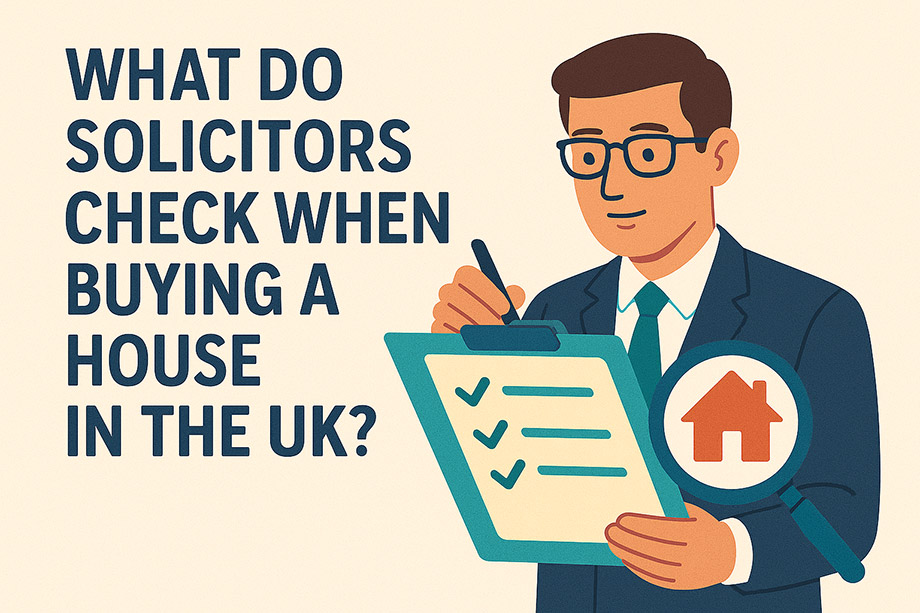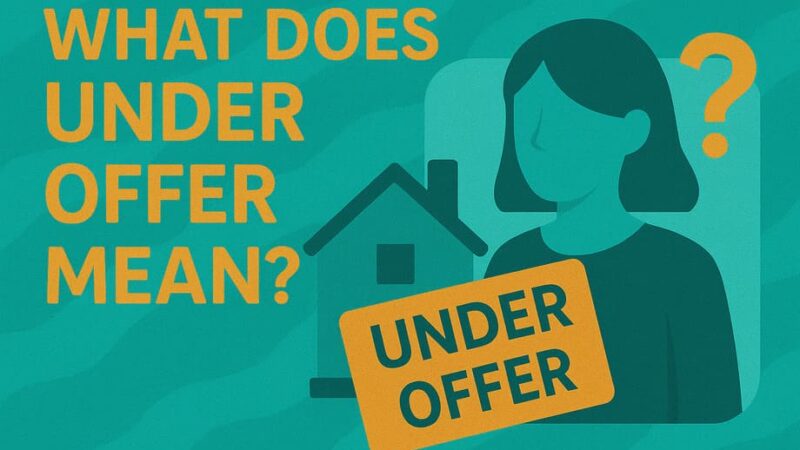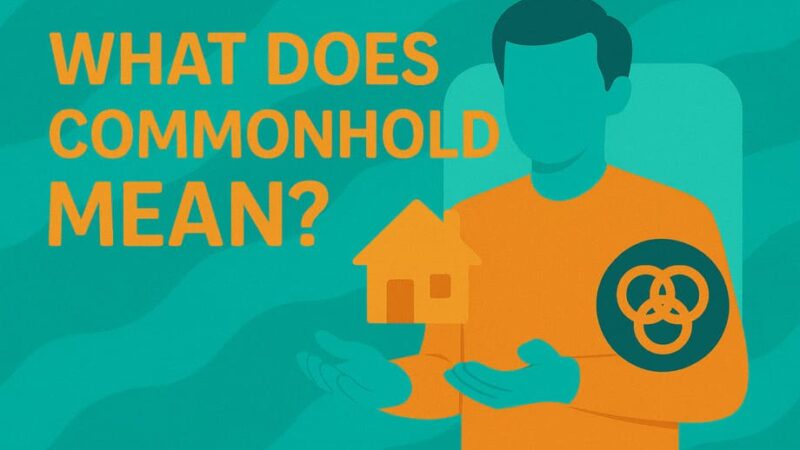What Do Solicitors Check When Buying a House in the UK?

Buying a house is one of the most significant investments most people will ever make. It’s exciting, emotional, and often stressful, especially for first-time buyers. In the UK, solicitors play a critical role in ensuring the process is legal, transparent, and free from nasty surprises. But many buyers aren’t entirely sure what their solicitor actually does during the conveyancing process.
If you’re asking, “What do solicitors check when buying a house in the UK?”, this guide will walk you through everything involved. Understanding these checks can help you stay informed, spot red flags early, and make better decisions throughout your home-buying journey.
Table of Contents
Why Are Solicitor Checks Important?
When buying a property, your solicitor (or licensed conveyancer) acts in your best interest to verify that the home you’re purchasing is legally sound, the seller has the right to sell it, and that there are no hidden pitfalls. Skipping or rushing these checks can result in legal disputes, expensive repairs, or complications in future resale.
The Main Things a Solicitor Checks When Buying a Property
Below is a list of the key areas your solicitor will investigate as part of the home-buying process.
1. Title Deeds and Ownership
Your solicitor obtains and checks the title deeds from HM Land Registry to confirm:
- The seller legally owns the property
- There are no boundary disputes
- The property description matches what you’ve been told
- No unknown parties have a claim over the home
2. Property Boundaries and Rights of Way
Your solicitor will investigate any boundaries and public rights of way that might cross the property. This ensures you know if others have access through your land or if the fencing is in the wrong place.
3. Local Authority Searches
This is a vital part of the legal process. Local authority searches check:
- Planning permissions and building regulation approvals
- Enforcement notices or future developments nearby
- Road schemes or infrastructure projects affecting the area
- Conservation areas, listed status or tree preservation orders
4. Environmental Searches
These searches reveal:
- Risk of flooding (river, coastal or surface water)
- Land contamination from previous industrial use
- Subsidence risks or ground stability issues
Knowing these risks in advance helps you assess the suitability of the property and potential insurance costs.
5. Water and Drainage Search
This confirms:
- Whether the property is connected to mains water and sewage
- Who is responsible for maintaining nearby drains
- If any drains run beneath the property (which could affect extensions)
6. Leasehold vs Freehold Checks
If the property is leasehold, your solicitor will:
- Check the length of the lease (short leases can reduce property value)
- Review the lease terms for restrictions or obligations
- Confirm ground rent and service charges
- Check if the lease needs to be extended
7. Mortgage Conditions and Lender Requirements
Your solicitor also acts for your mortgage lender. They’ll:
- Ensure the property is suitable security for the mortgage
- Review and explain your mortgage offer
- Satisfy any conditions set by the lender
8. Fixtures and Fittings Inventory
The seller provides a form listing items that will stay with the property. Your solicitor reviews this to:
- Avoid disputes over included appliances, carpets, light fixtures, etc.
- Clarify what’s being sold with the property
9. Seller’s Property Information Forms
These forms give details about:
- Past disputes with neighbours
- Building work and guarantees
- Access rights and shared driveways
- Insurance claims, infestations or damage
Your solicitor checks these for honesty and completeness.
10. Enquiries and Clarifications
Solicitors raise further enquiries if any aspect is unclear, including:
- Confirming building regulations compliance
- Ensuring planning permission for extensions
- Clarifying boundary ownership
11. Exchange and Completion Process
Once all checks are completed satisfactorily, your solicitor:
- Confirms the contract terms
- Handles the exchange of contracts
- Transfers funds for completion
- Registers your ownership with the Land Registry
Pros and Cons of Solicitor Checks When Buying a House
| Pros | Cons |
|---|---|
| Identifies legal issues early | Adds time to the process |
| Protects your financial investment | Involves additional costs |
| Confirms ownership and boundaries | Some risks (e.g. flooding) may still exist despite checks |
| Ensures you meet mortgage lender requirements | Searches can delay your expected timeline |
Tips for a Smooth Conveyancing Process
- Choose a Specialist Conveyancing Solicitor: Not all solicitors specialise in property. Make sure yours has good reviews and local knowledge.
- Respond Promptly: Delays often come from the buyer’s side. Return signed documents and requested info quickly.
- Understand the Fees: Ask for a full breakdown of conveyancing costs, including search fees and disbursements.
- Stay in Touch: Regular communication with your solicitor helps ensure no steps are missed.
- Don’t Skip Searches: Even if you’re in a hurry, searches are crucial for avoiding costly surprises.
Final Thoughts
Solicitors are your legal safety net when buying a home in the UK. From verifying ownership to uncovering potential planning or drainage issues, their role is vital to ensuring your new property doesn’t come with unwanted surprises. By understanding what your solicitor checks and why it matters, you’ll feel more confident and prepared throughout the home-buying process.
Last Updated on July 29, 2025 by James Cartwright







